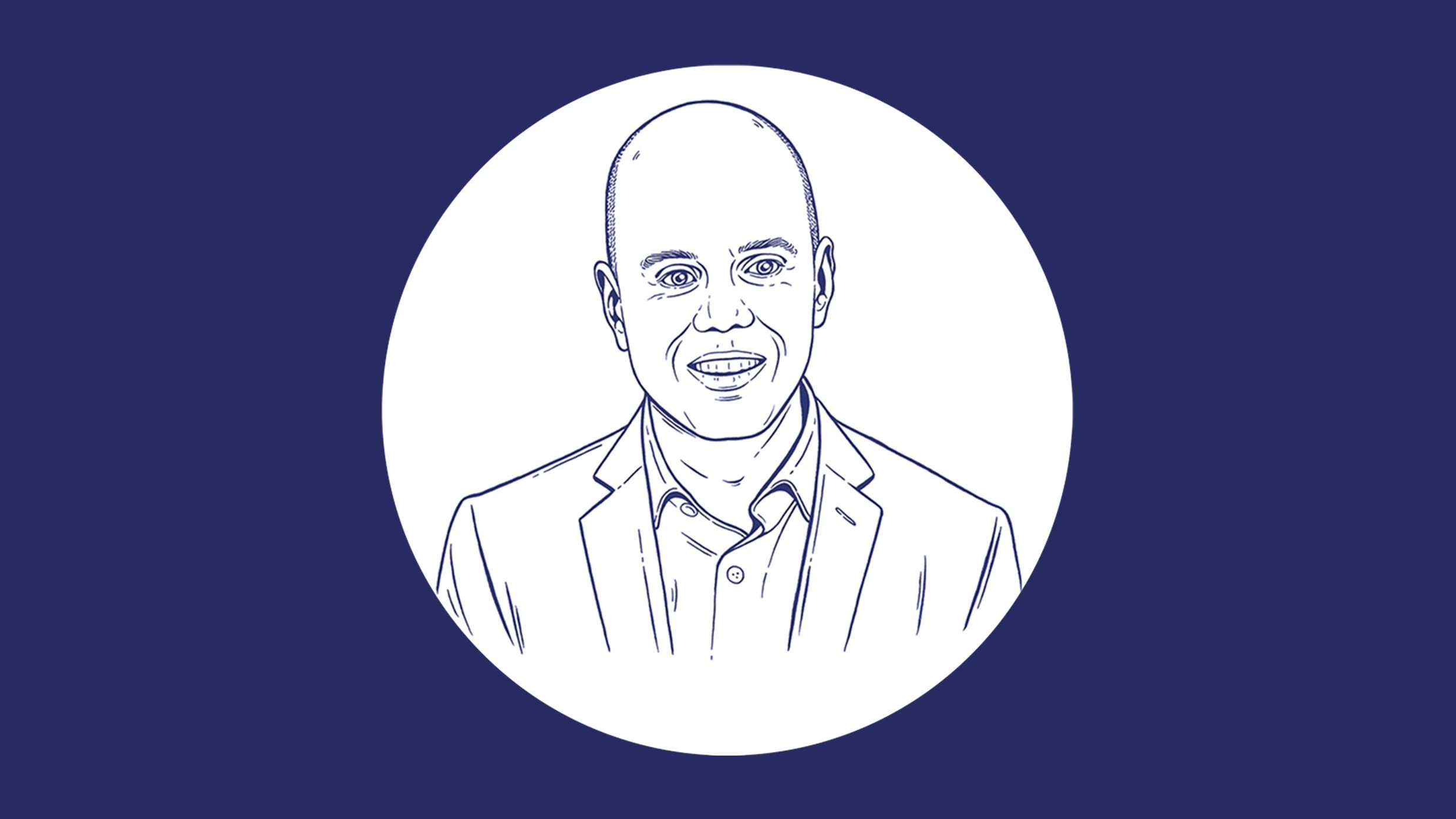Enoch Pratt Central Library in Baltimore, Maryland
There’s something quietly powerful about being invited into a space that’s not only ready to hear you—but ready to evolve.
Huge thanks to Erin Kelly, Alicemarie (AM) Dillon, Liz Sundermann-Zinger, LaShawn Myles, and the entire Enoch Pratt Free Library & Maryland State Library Resource Center team for making that kind of space real during today's DIAL Conference. You didn’t just host an event—you created an environment that invited candor, trust, and reflection. And that matters more than most people realize.
As a disability advocate and speaker, I’ve shared stages across the country—but rarely with a team as committed, prepared, and intentional as this one. From the AV folks to the captioners to the people behind the chat box making everything flow, your work didn’t go unnoticed. It made the keynote possible.
One of the things I said during our conversation was:
“Access isn’t just a ramp—it’s a vibe.”
What I meant is this: real accessibility shows up in the tone of the welcome, the thoughtfulness of the planning, and the way people respond when someone says, “Here’s what I need.”
When I was working with my former service dog, Canine Companions® Pico—and now with Lovey, my current partner—I’ve learned that access isn't just about logistics. It’s about feeling expected instead of inspected. It’s about being able to show up without having to justify your presence.
That’s the difference between a place that accommodates and a place that includes.
We covered a lot in our fireside chat: from ADA as the floor—not the ceiling—to the ways intersectionality demands we design for full, complex lives. We talked about emotional access, ally fatigue, and the quiet power of believing someone the first time they ask for support.
And the questions from the audience? Thoughtful, brave, and forward-thinking. That’s what gives me hope.
Thank you for showing up. Not just in the chat or in the session—but in the work.
Let’s keep pushing. Keep building. Keep asking:
➡️ Who’s not in the room, and why?
➡️ How do we make access cultural, not just procedural?
➡️ What does true welcome look and feel like?
If you joined the session, I’d love to hear: what are you taking back to your branch, your office, your community?
And if you didn’t catch it—don’t worry. This conversation is just getting started.




